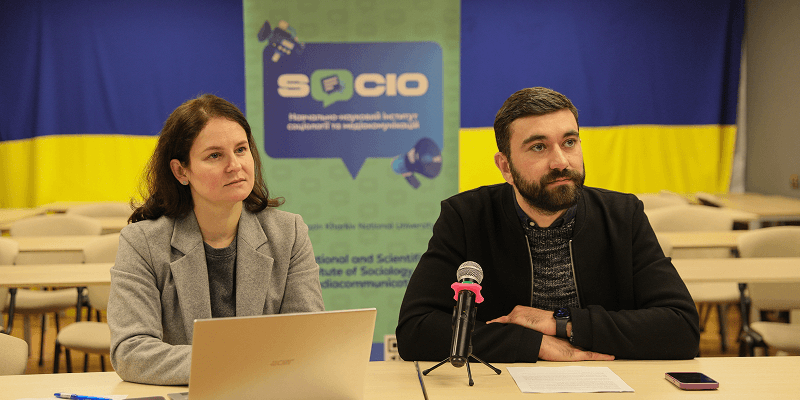Experts from Sweden study the experience of archival and museum work at the university in times of war
%20(1).jpg)
Karazin University values its history and carefully protects it, even despite the difficult working conditions during the Russian aggression. Archival workers perform an important task — they preserve the achievements that are part of the history of Ukraine.
Johanna Fris Markevych, Chief Curator of the National Archives of Sweden, and Helen Ronlund, Director General of the National Museum of Military History of Sweden, have witnessed the experience of archival and museum work in Kharkiv region during the war while visited the university as part of their visit.
.jpg)
In particular, they got acquainted with the work of the university archive during the full-scale Russian aggression. They learned that the archives are currently being stored there, part of which was transported from the Educational and Research Institute of Public Administration, which was destroyed by a Russian missile strike. Iryna Popiy, Director of the Documentation Center, explained how the archival files were preserved.
.jpg)
In the Museum of Archeology, the experts saw the main exhibition and the storage room where the exhibits are currently stored. Stanislav Zadnikov, a museum employee, told how he managed to prevent valuable exhibits from drowning in water after another missile attack in Kharkiv.
The visit also included an international roundtable discussion "Topical Issues of Archival and Museum Affairs in Wartime", where the urgent problems of the city’s cultural environment were discussed. One of the issues discussed was providing assistance to Kharkiv archival and museum institutions.
.jpg)
During the meeting, Vice-Rector for Research and Teaching Oleksandr Holovko spoke about the damage to the university during the war, which greatly complicated the work of archivists: the roof was ruined, windows and exhibition cases were broken, and the heating system was out of order. He emphasized the importance of preserving archives, as it helps to pass on knowledge and information to future generations, who will be able to conduct research, draw conclusions and make decisions based on the knowledge gained. Just over the past two decades, including the Covid years, about 1,000 researchers have used university archival materials for their research.
.jpg)
As a result of the roundtable, the Swedish representatives expressed a sincere desire to cooperate in order to restore and develop museum and archival conditions. The results of the study will be presented to the Swedish archival community and will be announced during the International Archival Forum in Berlin, which will take place in June this year.



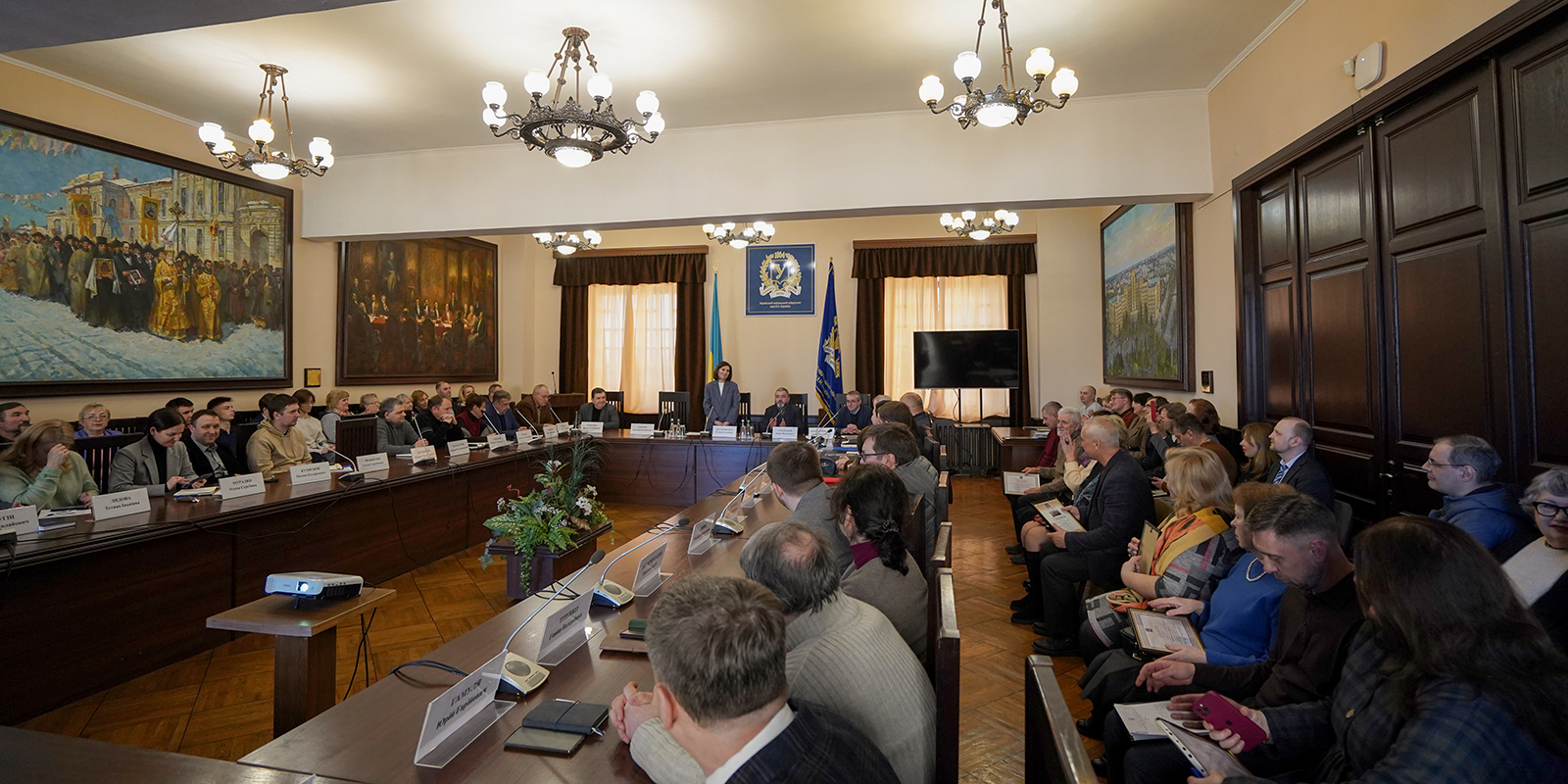
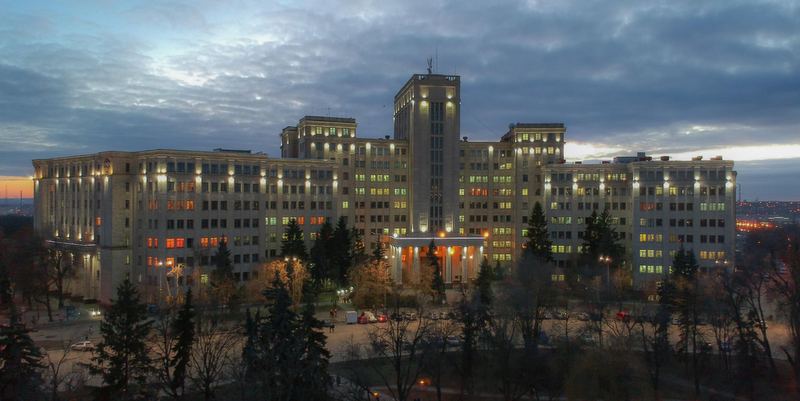
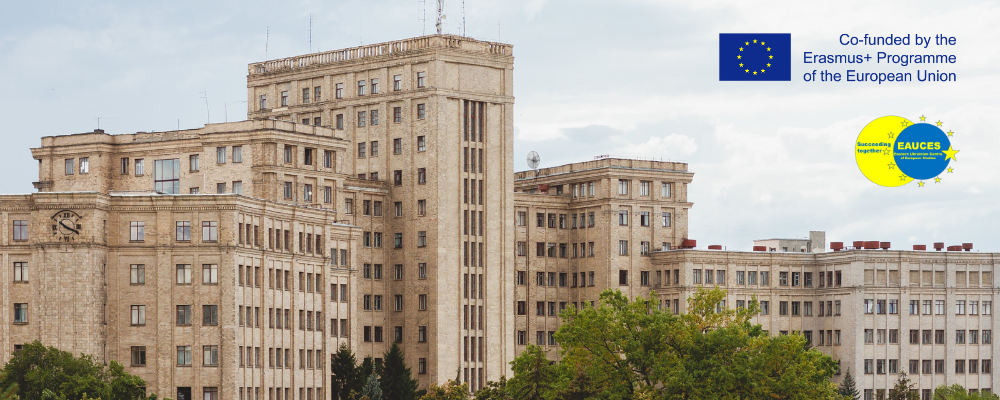
.jpg)
.png)
.jpg)
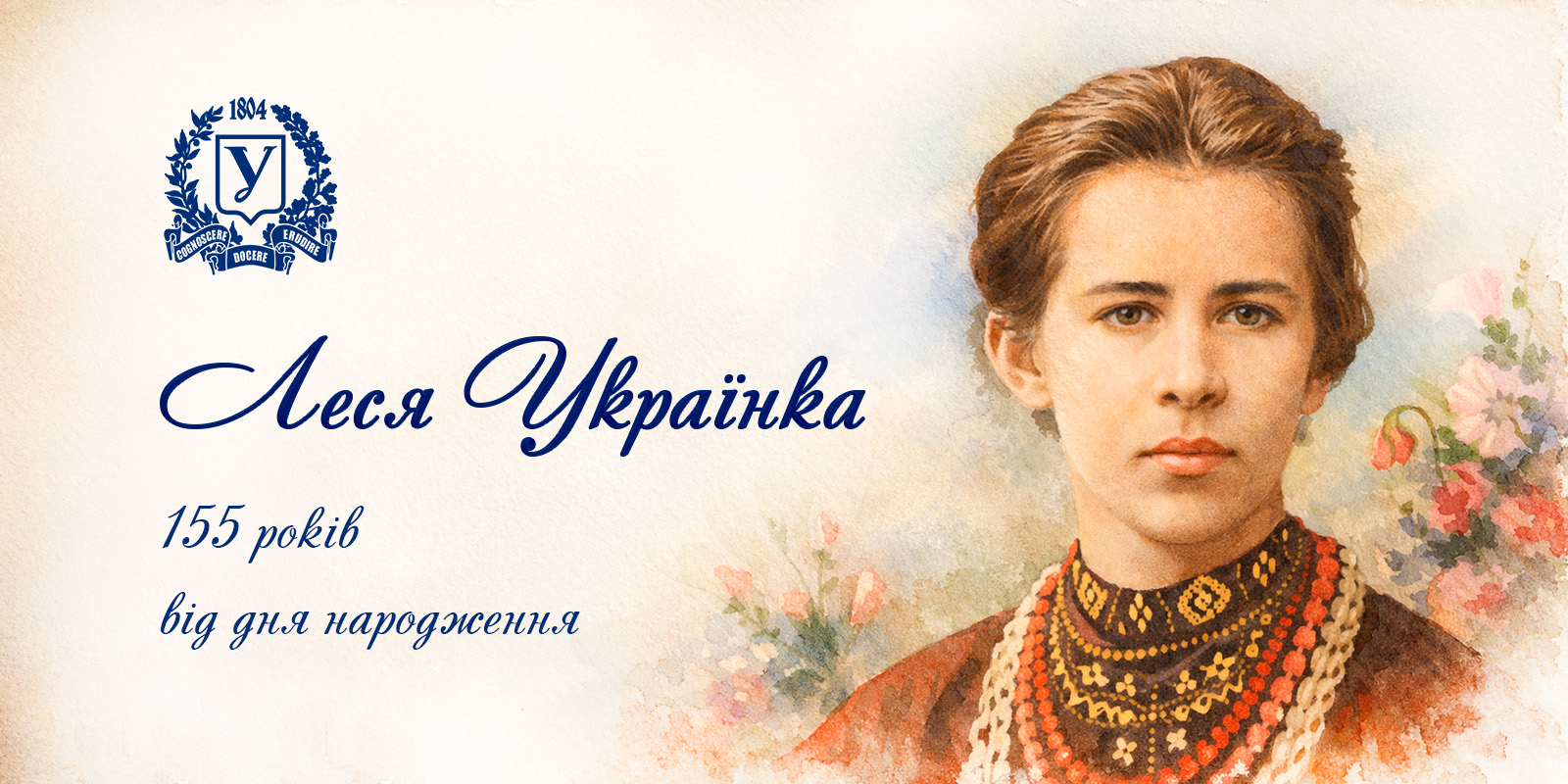
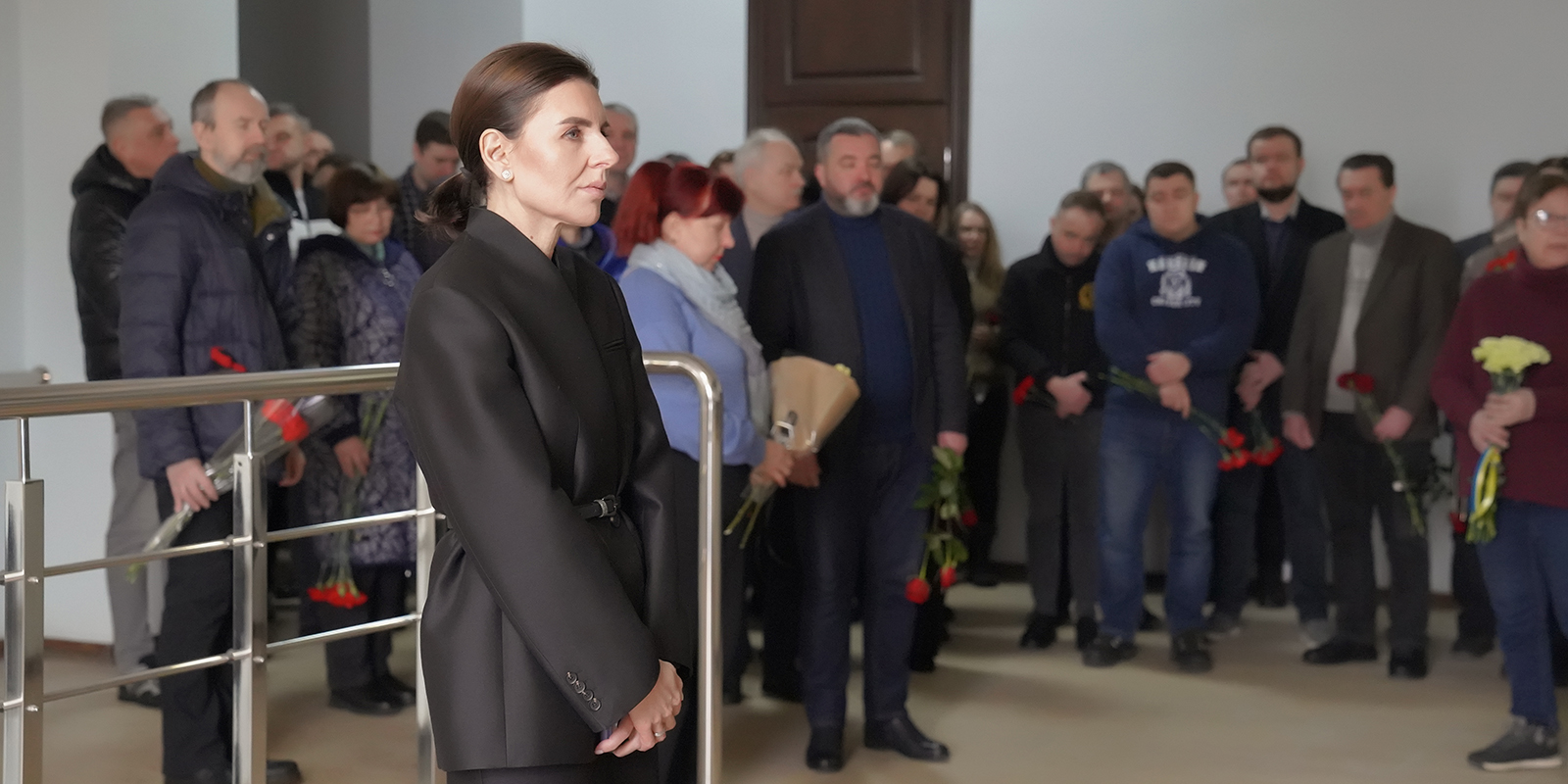
.jpg)
